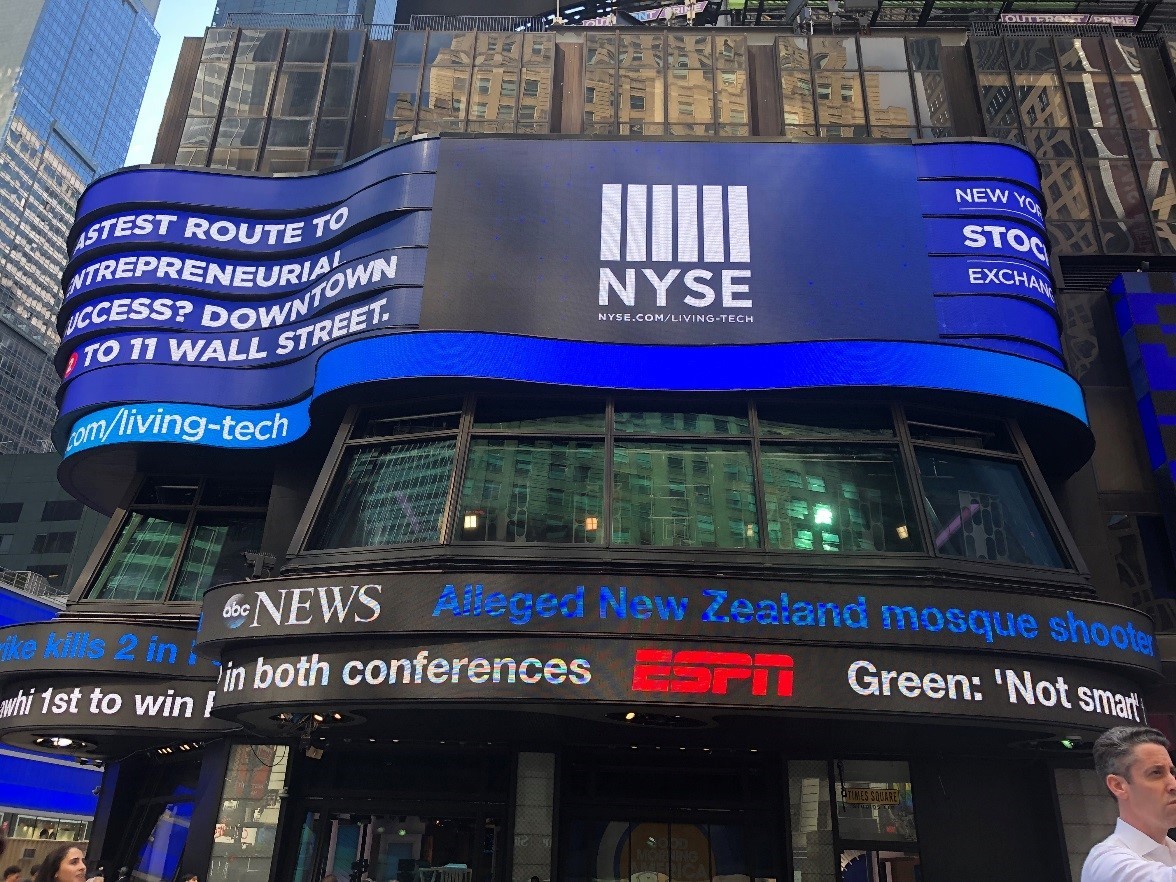
Want the lowdown on European markets? In your inbox before the open, every day. Sign up here.
Stocks started the year on the front foot, building on strong gains for many asset classes in 2019 as investors cheered the latest policy move by China’s central bank to support its economy. Treasuries and the dollar strengthened.
The S&P 500 jumped 0.8% to a record on the year’s first trading day, with megacaps Apple, Alphabet and Nike notching all-time highs. It was among the best starts for U.S. stocks in the past decade, though first-day performance has virtually no bearing on how the year plays out. Tech shares led gains, with AMD surging 7% after an upgrade. Small caps underperformed, with the Russell 2000 sliding 0.1%.
The Stoxx Europe 600 Index advanced as every sector finished in the green. Gauges in Hong Kong and Shanghai jumped more than 1% after the People’s Bank of China said it will increase the supply of cheap funding to banks, in line with market expectations.
“You’ve had a good liquidity-driven momentum-type rally toward year end and that momentum is carrying on in and of itself,” said Kevin Caron, a senior portfolio manager at Washington Crossing Advisors.
The euro fell as data showed the region’s manufacturing downturn deepened in December. The dollar stayed higher as U.S. jobless claims dropped to a four-week low, while the pound weakened following its best quarter in a decade.
After a stellar 2019 across most major assets, focus now shifts to the year ahead. Thursday gave investors the latest read on Chinese manufacturing, with the Caixin PMI dipping slightly from its November level but remaining well in the expansionary zone. On the trade front, U.S. President Donald Trump earlier this week said he expects to sign the first phase of a deal with China on Jan. 15, though Beijing has yet to confirm the date.
“Good start to the year — China gave the markets a little jolt to start the year with a liquidity injection into their market,” said Chris Gaffney, president of world markets at TIAA. “The message is that central banks are going to continue to help sustain growth or actually try to generate more growth in the markets and interest rates will stay low.”
Investors are also keeping an eye on geopolitical tensions, including in North Korea, where Kim Jong Un said he was no longer bound by his pledge to halt major missile tests and would soon debut a “new strategic weapon.” In Baghdad, an Iran-backed Iraqi militia broke up its encampment outside the U.S. embassy after an attack on the compound threatened to spiral into a broader confrontation.
Elsewhere, crude oil pared an earlier advance, while gold climbed. The Thai baht fell as much as 1.8% overnight, its biggest drop since 2007, amid speculation the Bank of Thailand could be intervening to curb the currency’s strength.
Here are some events to watch for this week:
Federal Open Market Committee minutes will be released on Friday.U.S. ISM manufacturing is due Friday. The Institute for Supply Management’s PMI is forecast to show a contraction for a fifth straight month.
























